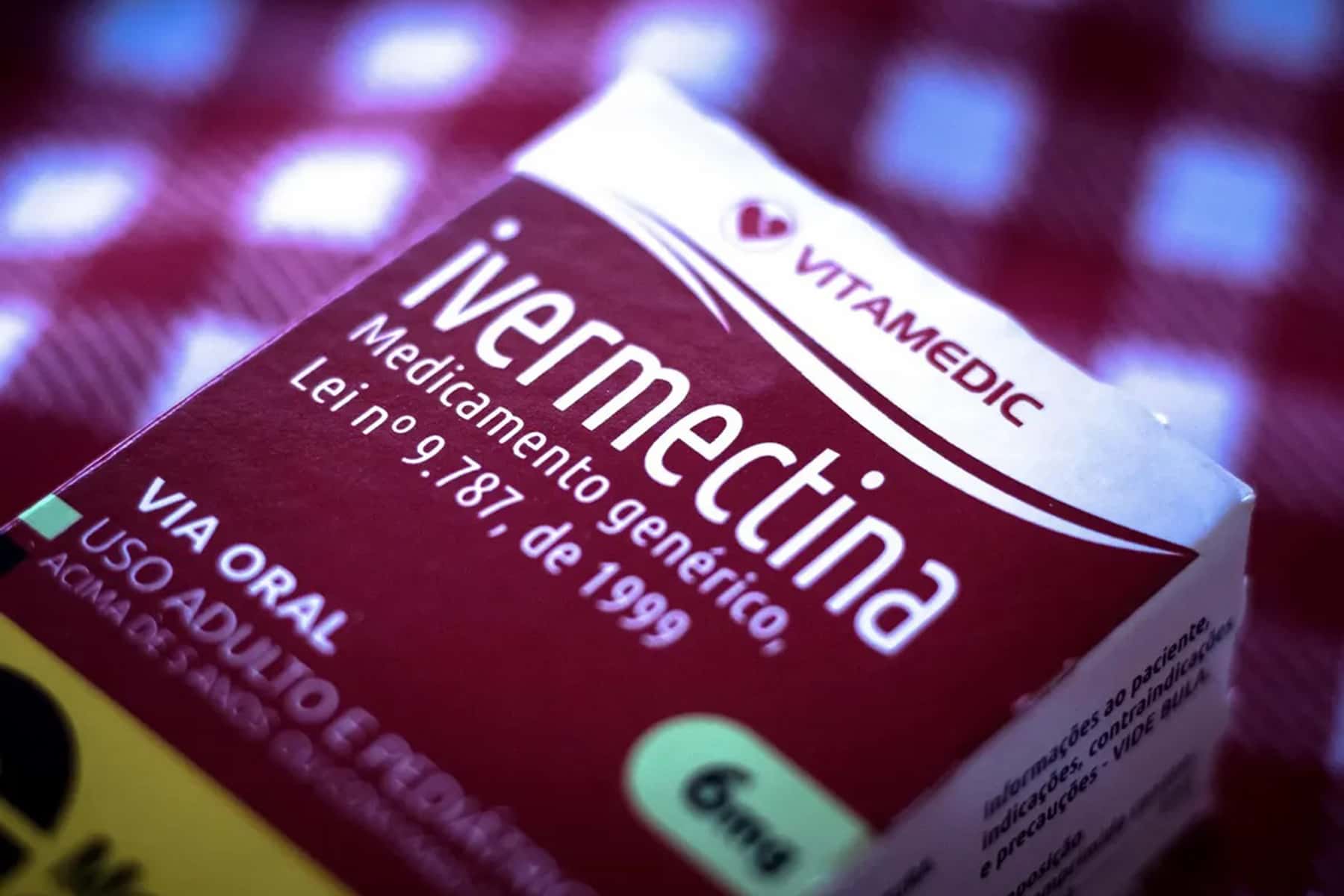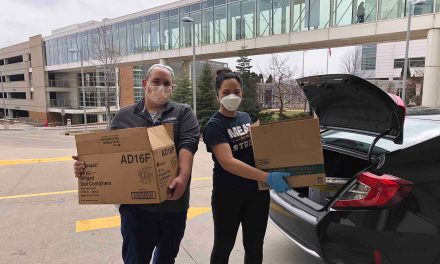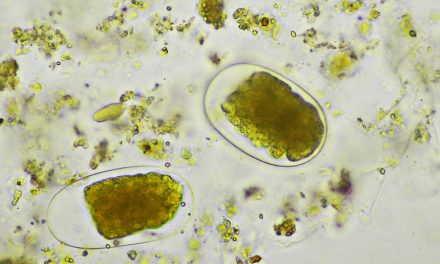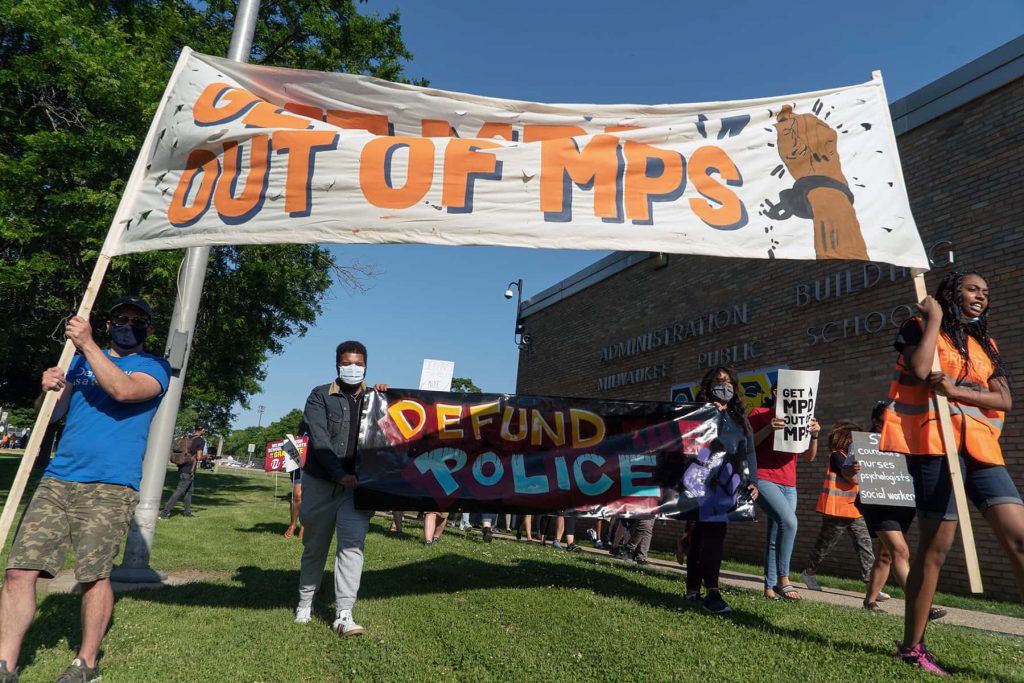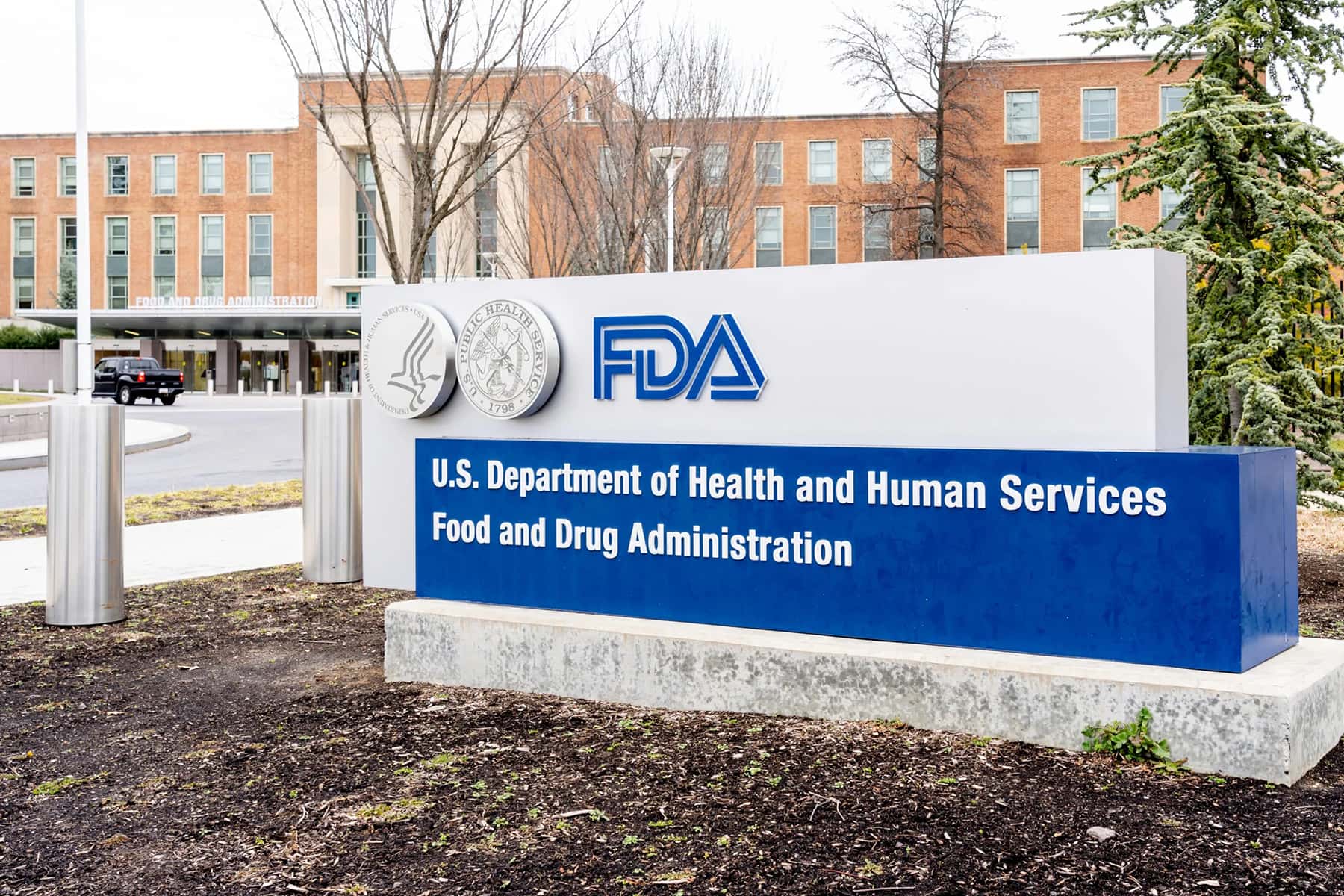
Ahead of full authorization of the Pfizer coronavirus vaccine, the Federal Food and Drug Administration (FDA) had a simple message for Americans contemplating using ivermectin, a medicine used to deworm livestock, instead of getting a COVID shot.
“You are not a horse,” it said. “You are not a cow. Seriously, y’all. Stop it.”
As with other purported alternative treatments for COVID-19, misinformation about ivermectin has spread on social media and through rightwing media and politicians.
In July, Bret Weinstein, an evolutionary biologist, told Fox News host Tucker Carlson: “[If] ivermectin is what those of us who have looked at the evidence think it is … the debate about the vaccines would be over by definition.”
In a Senate hearing last December, doctors touted ivermectin alongside hydroxychloroquine, once championed by Donald Trump, and other alternatives.
In comments shared widely on social media, Dr. Pierre Kory, a pulmonary and critical care specialist at Aurora St. Luke’s medical center in Milwaukee, called ivermectin a “wonder drug.”
Experts said then that test results suggesting ivermectin could inhibit replication of the SARS-CoV-2 virus did not amount to official authorization for use.
“It is a far cry from an in-vitro lab replication to helping humans,” said Dr. Nasia Safdar, medical director of infection prevention at the University of Wisconsin-Madison Hospital.
Eight months later, many U.S. states are struggling to boost vaccination rates and contain the contagious Delta variant, some running out of intensive care capacity.
The vast majority of hospitalizations and deaths in the US involve unvaccinated people. On Saturday night in Alabama, the state with the lowest vaccination rate, Trump told a crowd to get the shot. He was booed and jeered.
On August 22 the surgeon general, Dr. Vivek Murthy, said: “The best protection we have against COVID-19 is the vaccine, and if you get COVID-19, we actually do have treatments that work. Ivermectin is not one of them.”
The Pfizer shot was formally approved on August 23. The FDA accompanied its tweet with a fact sheet. In answer to the question “Should I take ivermectin to treat COVID-19,” it said: “No. While there are approved uses for ivermectin in people and animals, it is not approved for the prevention or treatment of COVID-19. You should not take any medication to treat or prevent COVID-19 unless it has been prescribed to you by your healthcare provider and acquired from a legitimate source.”
Additional studies, it said, were needed to determine whether ivermectin “might be appropriate to prevent or treat coronavirus or COVID-19.”
The FDA said it approved ivermectin for use “for treatment of certain internal and external parasites in various animal species” and “people should never take animal drugs [as] using these products in humans could cause serious harm.”
Side-effects that could be associated with ivermectin, it said, included “skin rash, nausea, vomiting, diarrhea, stomach pain, facial or limb swelling, neurologic adverse events (dizziness, seizures, confusion), sudden drop in blood pressure, severe skin rash potentially requiring hospitalization, and liver injury (hepatitis).
“Laboratory test abnormalities include decrease in white cell count and elevated liver tests. Any use of ivermectin for the prevention or treatment of COVID-19 should be avoided.”
In Mississippi recently, the state health department said at least one person had been hospitalized after ingesting ivermectin.
Dr. Thomas Dobbs, Mississippi’s state health officer, said using the drug as a preventative “is really kind of crazy. So please don’t do that.”
The FDA also said some animal owners may be having difficulties finding ivermectin because of humans seeking COVID cures.
Ivermectin tablets are approved for use in humans, the FDA said, for “the treatment of some parasitic worms.” Formulations can be used by prescription only for the treatment of “skin conditions such as rosacea” and “external parasites such as headlice” – or nits.
Mаrtіn Pеngеlly
Rаfаеl Hеnrіquе and The U.S. Food and Drug Administration
Portions originally published on The Guardian as ‘You are not a horse’: FDA tells Americans stop taking dewormer for Covid
Help deliver the independent journalism that the world needs, make a contribution of support to The Guardian.

